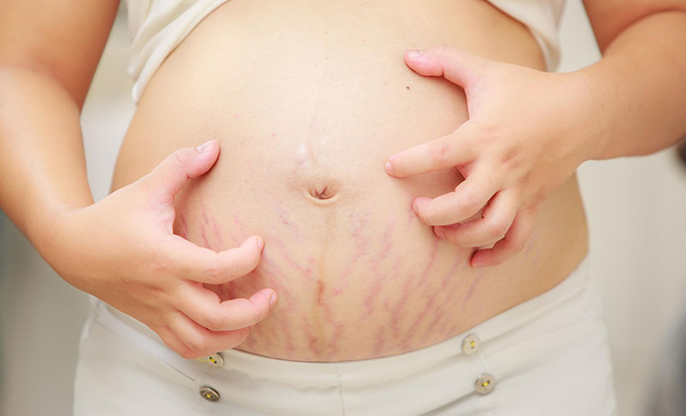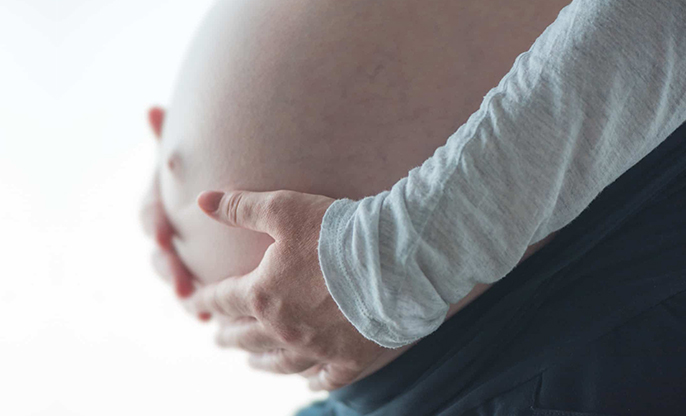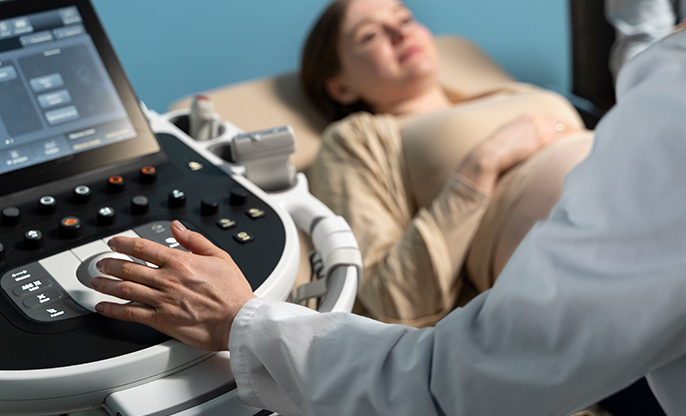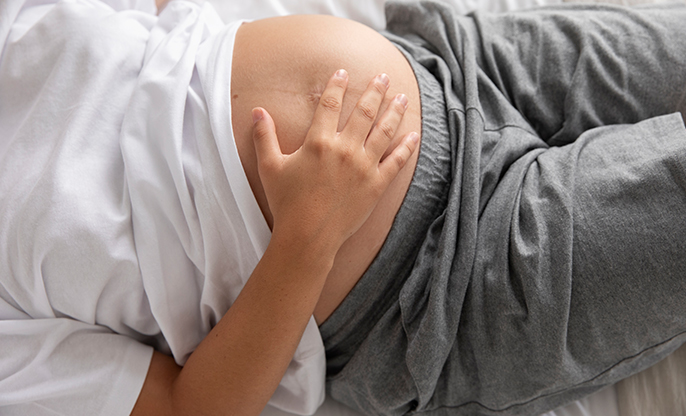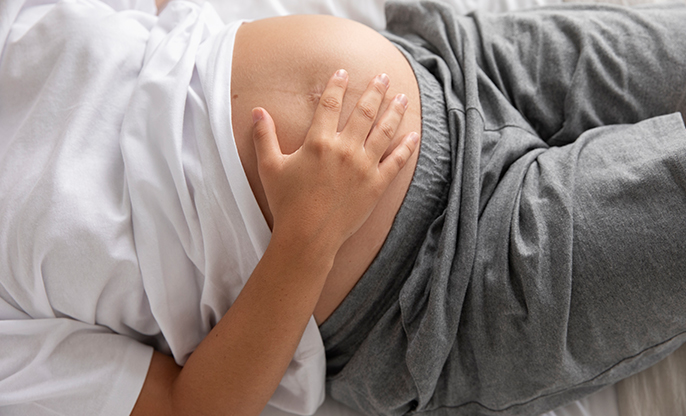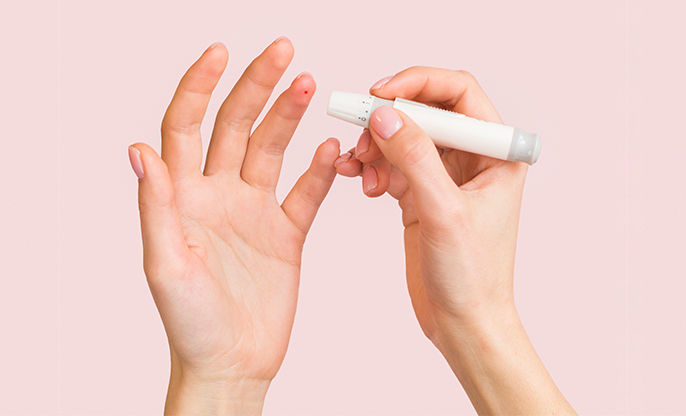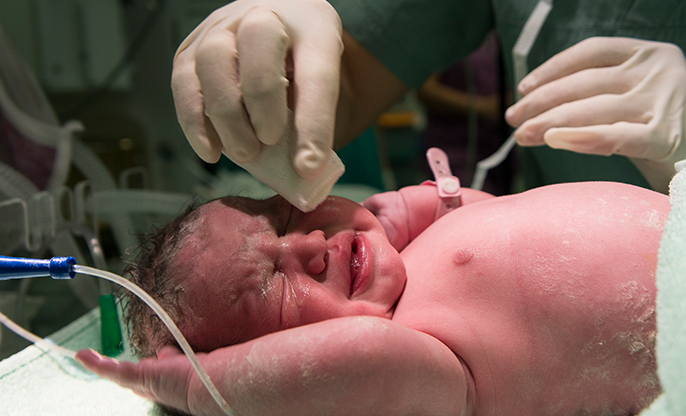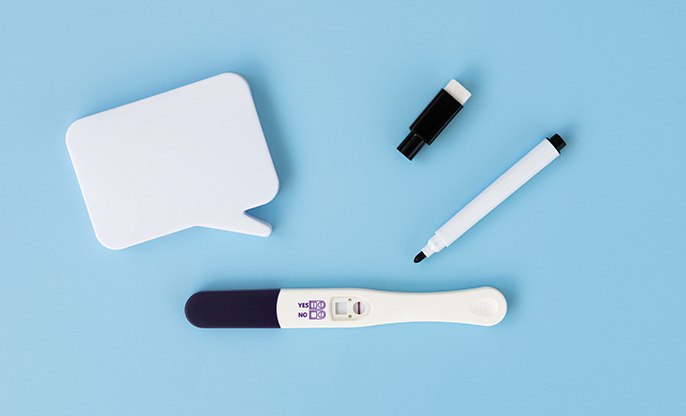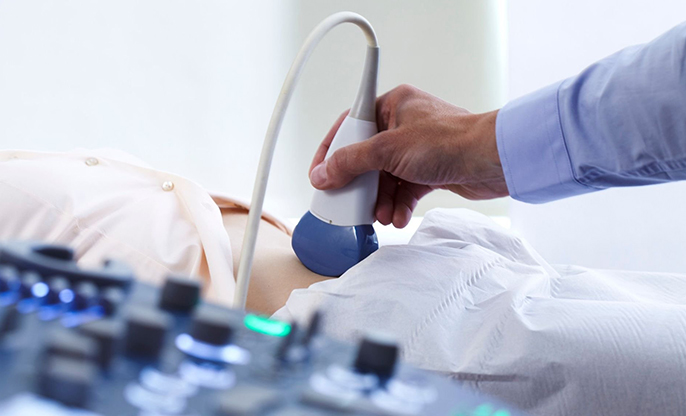
There is no cure for Intrahepatic Cholestasis of Pregnancy, but there are many ways to manage and ease symptoms of this disorder, which is better for both, mother and the baby.
While eating a healthy diet and lowering stress
levels is best for women with or without ICP; through this article, let’s find
out what more can you do/ measures of relief for obstetric cholestasis;
Ease itching
1. Consult your care provider for a
prescribed medicine that can help to lower the level of bile acids in your
blood. Also, check for other medicines that can minimise or relieve itching.
2. Soak your itchy areas in cool or
lukewarm water. Use ice-packs for your comfort and sleep with a fan, if
possible and required.
Monitoring
1. Nonstress testing: during a nonstress test, your
pregnancy care provider will check your baby's heart rate, and how much the
heart rate increases with activity.
2. Fetal biophysical profile (BPP): this series of tests will help
monitor your baby's well-being. It provides information about your baby's heart
rate, movement, muscle tone, breathing movements and the amount of amniotic
fluid. While the results of these tests can be reassuring, they can't predict
the risk of preterm birth or other complications associated with cholestasis of
pregnancy.
Lifestyle
changes
1. Wear light-weight and loose-cotton
clothing. Such clothes will not stick with your skin, resulting into less
possibilities of rashes.
2. Another best thing that can make your
itching less intense is cool baths. If it is summer-time, you may bath 2 to 3
times in a day.
3. Next important thing is to indulge in
oatmeal baths or apply anti-rash creams or body lotions, upon consulting your
care provider.
Dietary
recommendations
1. Drink plenty of water, 8 to 12
glasses a day.
2. Eat a healthy and balanced diet.
3. Avoid intake of highly refined foods,
such as corn syrup and white bread.
4. Alongside, it is best to avoid full
fat dairy products.
5. Also, cut down or eliminate processed
meats from your diet.
Takeaway
Even if prenatal tests are within standard limits, your pregnancy care provider may suggest inducing labor before your due date. This is because early term delivery, around 37 weeks, may lower the risk of stillbirth. Vaginal delivery is recommended by induction of labor unless there are other reasons a caesarean section is needed.


